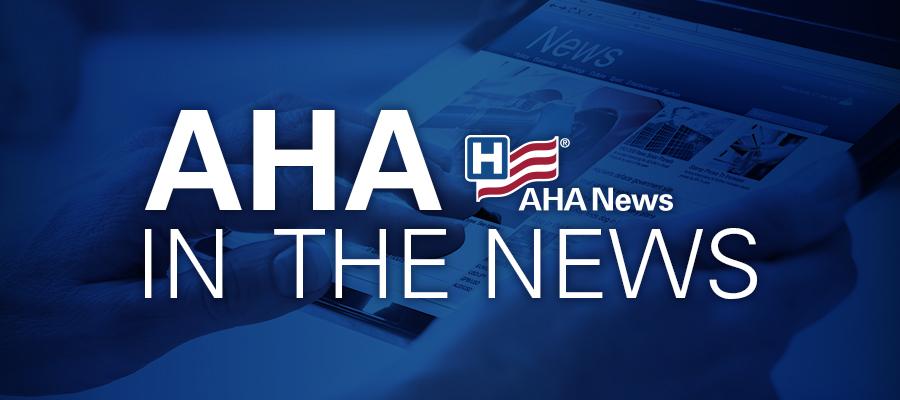AHA advises hospitals, health systems be alert for targeted scam calls

The AHA is advising hospitals and health systems to be alert for potential scam calls where actors are impersonating Drug Enforcement Agency agents. An AHA member recently contacted the association to report pharmacists in their region have and continue to receive targeted calls from individuals impersonating DEA agents or other government officials.
The imposters allege that the pharmacist committed violations of policies or laws and are subject to license revocation or arrest. The callers typically demand that the pharmacist pay a fine by wire transfer to avoid further enforcement action. They often have detailed public and private information about the pharmacist and provide fictitious names and DEA badge numbers or names of well-known senior DEA officials.
In a press release Oct. 24, 2024, the DEA stressed that they do not contact pharmacists by phone to demand money or levy fines. Such notifications will be made in person or via an official letter, the agency said. The DEA also advised anyone receiving such calls to notify the FBI at www.ic3.gov.
“The AHA is passing this information to the field as a reminder that this scam is still occurring,” said John Riggi, AHA’s national advisor for cybersecurity and risk. “We are also sharing this threat information across the health care field to assist our pharmacy partners in protecting themselves. Sharing and amplifying threat information across the health care field, whether it is related to cyber, fraud or physical threats, is crucial to protecting the entire health care field and our ability to deliver care for patients. To defend one is to defend all.”

